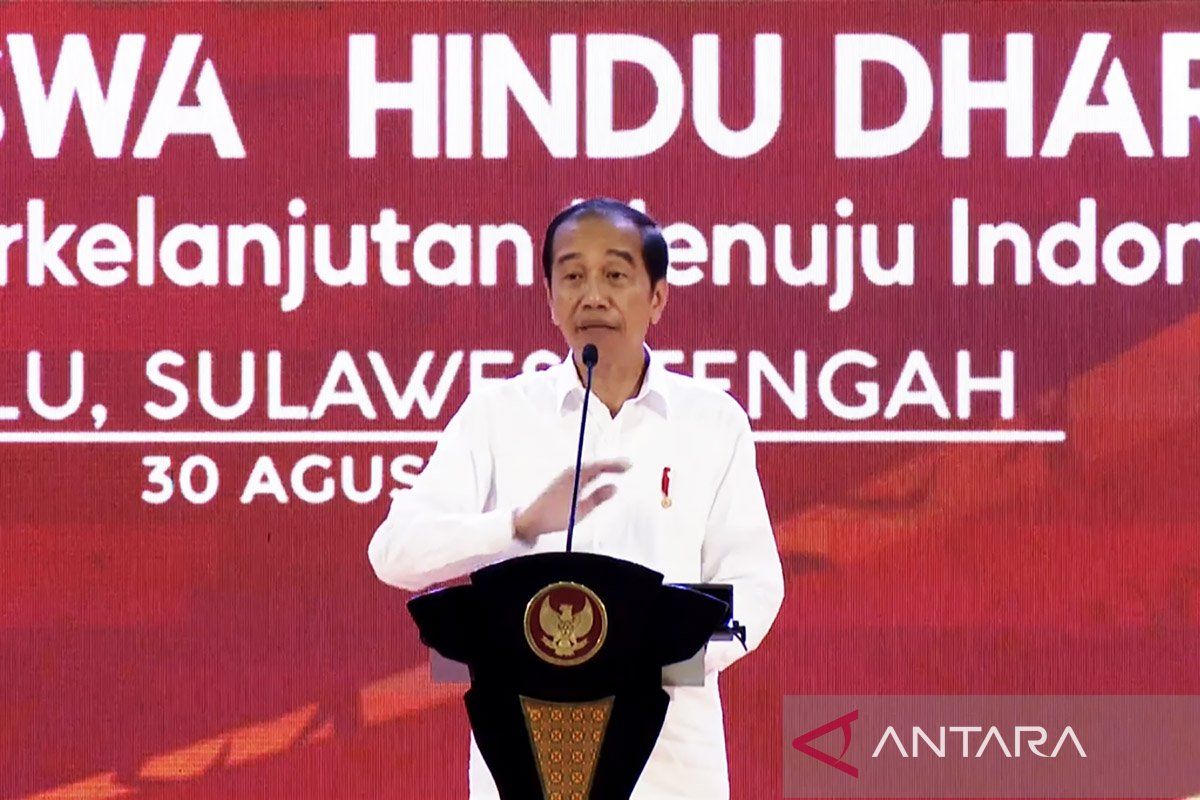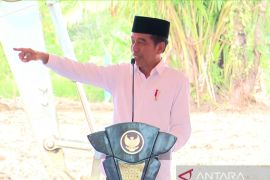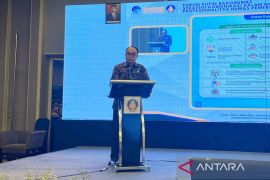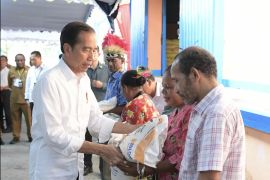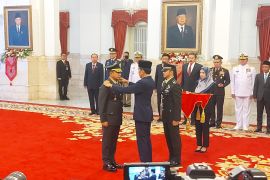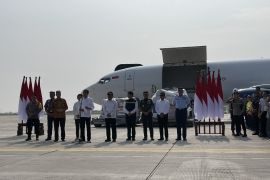"Because no country will give us the 'red carpet' if we do not snatch it ourselves," he remarked at the opening of General Assembly XIII of the Indonesian Hindu Dharma Student Union (KMHDI) in Palu City, Central Sulawesi, on Wednesday.
One step that can be taken to make Indonesia a developed country is implementing the downstreaming program in various sectors, he said.
According to him, Indonesia must be consistent with its downstreaming efforts, even in the face of lawsuits and objections from various parties, as experienced in the nickel downstreaming program.
Indonesia is known to be the largest nickel producer and exporter in the world. One of the priorities of the Indonesian nickel industry is to maximize nickel processing in the downstream industry to increase added value so that it has a positive impact on the country's economy.
"If we give up in the lawsuit, this country will not ever become a developed country," Widodo stressed.
Crude palm oil (CPO), fisheries, and seaweed commodities will also undergo downstreaming soon, he added.
A leader must be consistent, must not hesitate, and not be afraid of facing lawsuits, Widodo said.
He estimated that if the natural resource downstreaming program is carried out sustainably, Indonesia's gross domestic product (GDP) per capita will reach Rp153 million (US$10 thousand) in the next 10 years.
"Then in the next 15 years, it will go up to US$15,800 or Rp217 million, and to US$25 thousand or Rp331 million by the year of Golden Indonesia (2045), which means we would have become a developed country," he added.
Related news: Downstreaming to create added value for regional economy: minister
Related news: Tanzania keen to study Indonesia's downstream industry: Minister
Translator: Rangga J, Kenzu
Editor: Rahmad Nasution
Copyright © ANTARA 2023
